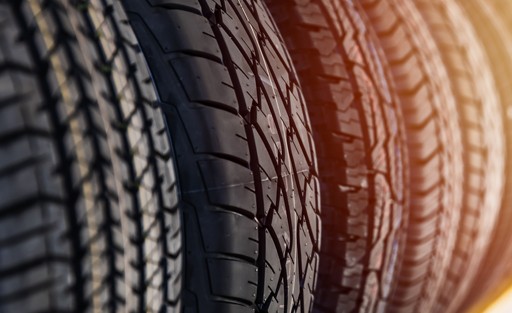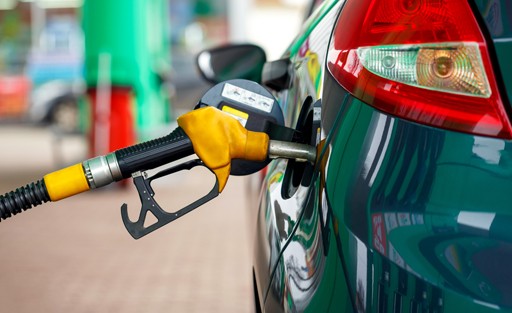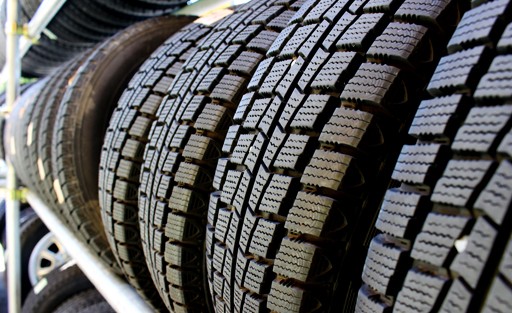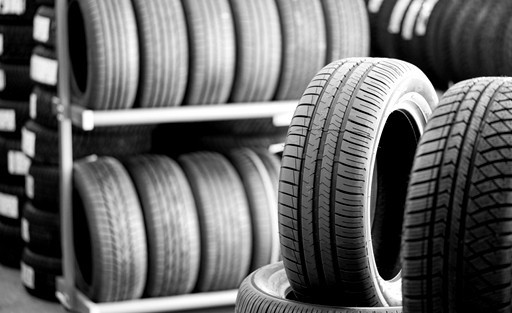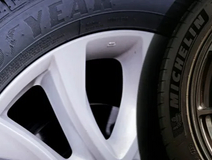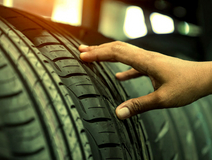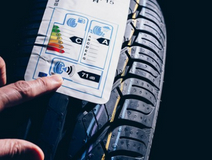
July 03, 2023
Cheap Tyres Vs Expensive Tyres: What's The Difference?
Do you save money and get a cheap tyre or go all out with an expensive one?
It's a question many people ask, and it's not easy to answer.
New tyres are often an unexpected expense, and because there are so many tyres to choose from, it's not surprising that many find it overwhelming to buy a new set.
So what are the differences between higher priced, premium tyres vs cheaper and the best value car tyres? And what is the better option? Let's take a closer look.
How much do car tyres cost?
If you look at any tyre shop, you'll see that there is a big range of prices from the cheapest to the more high-end tyre patterns. What determines the selling price of each are many factors. These include the cost of raw materials and other production costs, the size of the tyre as well as the brand.
What makes tyres expensive?
This is really a mix of the tyre brand's reputation, prestige, and technical capabilities.
Tyre brand
Some tyre brands are "more prestigious" due to their brand heritage, innovations, and, of course, the quality of their tyres. If the tyre is also an OEM, the prices can go up too. For example, a Michelin Pilot Sport PAX tyres set costs around AUD$55,000 since they are bespoke for the Bugatti Veyron supercar.
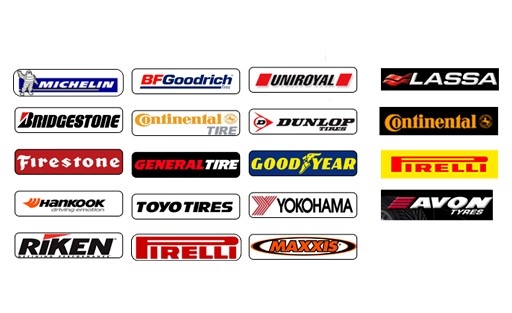
Manufacturing process
Brands make tyres either as economically as possible or produce the best performing tyres despite the expense. Low-cost tyres might not have the best quality materials. On the other hand, tyres built to provide supreme performance and reliability will take longer to produce and will use higher quality raw materials, construction methods, and equipment, making them more expensive.
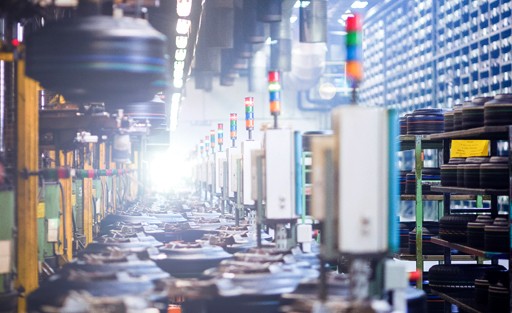
Research & development
Bigger brands spend time and money with the best tyre engineers, designers and even chemists to produce innovative rubber compounds and tread patterns to ensure the best ride. They also leverage racing experiences and conduct extensive testing to make tyres to suit a wide number of driving needs. Their investment is bigger, hence the higher tyre prices.
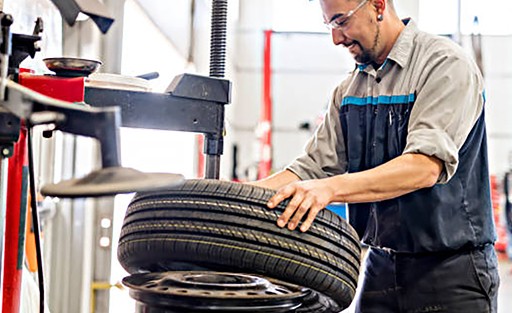
Tyre Size
Producing larger tyres cost more money vs smaller tyres, and an added expense to tyres are wheels that match. You'll need regular wheel alignment services as well, especially if your tyres are bigger than your car manufacturer recommended.
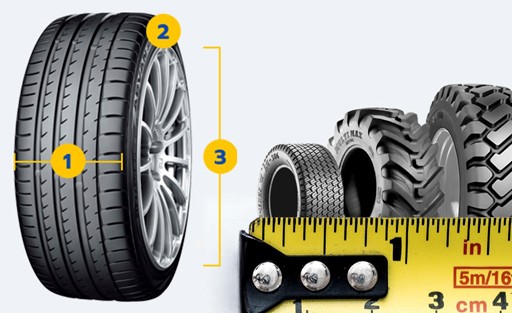
Image credit: Boodmo spare parts expert
Handling
How a tyre handles the road is crucial to your safety while driving. Tyres with superior handling, therefore, are usually more expensive. Constant testing is required to improve tyre handling, which adds to its cost.
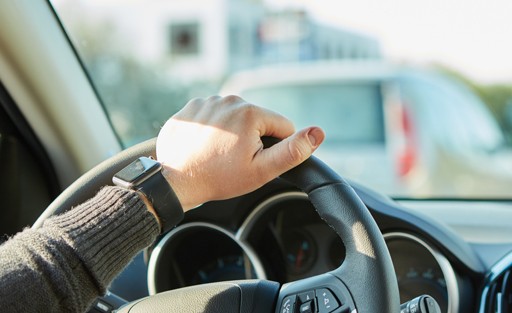
When driving tyres made for carrying bigger loads or are heavier on their own, you'll find yourself stepping on the accelerator more to move forward.
Braking capabilities
Tyres with shorter braking distance capabilities are more expensive to produce than those with a longer reaction time. The greater the total stopping distance, the more dangerous it can be for you. So ultimately, higher quality tyres - though they cost more depending on size, tread quality & condition, are technically supposed to help you stop faster.
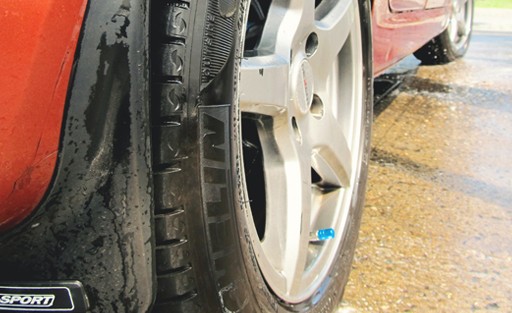
Road noise
A quiet tyre provides ride comfort and is more expensive than a louder one. It costs money to produce due to the engineering involved and manufacturing downtime needed to reconfigure factory settings since the other kinds of tyres they make, for example, light truck tyres, don't need to be that quiet.
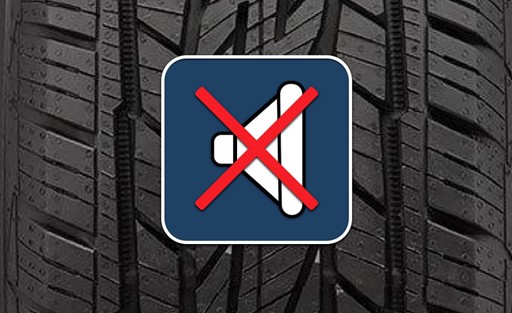
Tread quality
Specially formulated tread compounds increase fuel efficiency and prevent uneven tread wear. Innovative tread patterns, and tread depth, enhance safety, comfort and durability no matter the distance travelled. Cheaper tyres will have tread compounds that are not as advanced and patterns not as optimised, decreasing safety and performance.
Fuel efficiency
No one wants to spend money unnecessarily on petrol. Fuel-efficient tyres are a great way to save money; their compounds and patterns make them grip the road while decreasing rolling resistance. They are more expensive than regular tyres but will use less petrol in the long run.
All-terrain capabilities
All-terrain tyres cost more than road tyres since they handle rougher driving surfaces, made with extra durable tread. It also costs more money to design, test and produce them.
Weather capabilities
Summer, winter and all-season tyres have different prices. Those with cold/all-weather capabilities usually cost more. They need thicker tread and aggressive patterns to grip effectively in dry, wet and even snowy conditions.
What makes cheap tyres cheap?
There are different levels of cheap tyres or budget tyres.
Used tyres
They are at the bottom level and are the cheapest in the market because they are second hand, no longer brand new, and might no longer meet safety standards.
Unbranded tyres
These are tyres made by unknown manufacturers using low-quality raw materials and equipment. Some even imitate premium tyre designs, and they are not durable and don't last as long as better quality tyres.
Smaller-brand budget tyres
There are many smaller tyre brands owned or affiliated with the big players. Examples would be Kleber (Michelin) or Laufenn (Hankook). These smaller brands produce value for money tyres with decent reviews though they might not deliver the optimum performance expected from their big brand parents.
Branded budget tyres
All the big brands like Pirelli, Michelin, Goodyear and Bridgestone produce budget tyres that are reliable and roadworthy. They are considered "cheap" tyres versus the same brands' more expensive patterns.
What makes cheap tyres cheap?
Cheap tyres may provide decent grip and braking performance whatever the weather conditions, but they may not last as long. However, you may find a few cheap tyres with exceptionally long life as well.
Premium branded tyres are more durable and offer exceptional safety performance across all conditions.
The quality of the raw materials also carries a lot of weight in this debate. Each tyre uses the same materials, but higher-end tyres will have higher grade versions.
These elements make expensive tyres more reliable than their lower-priced counterparts.
So Which is Better?
The short answer is that higher-priced tyres perform better.
It boils down to saving on the cost of your tyres vs your safety.
It's similar to buying car insurance. Though there is no guarantee you'll be 100% safe on a set of expensive tyres, the chances are higher vs a cheaper tyre.
Cheaper tyres might even end up being the more expensive option, in the long run, costing extra time and money if you encounter any problems or need replacements.
But don't completely cross them out of your list, especially if you're watching your budget. You can reach out to us at Tyroola about your tyre requirements and concerns about tyre safety, and we will help you find the best options for you.
For more tyre information, check out our other blogs and tyre guides.
